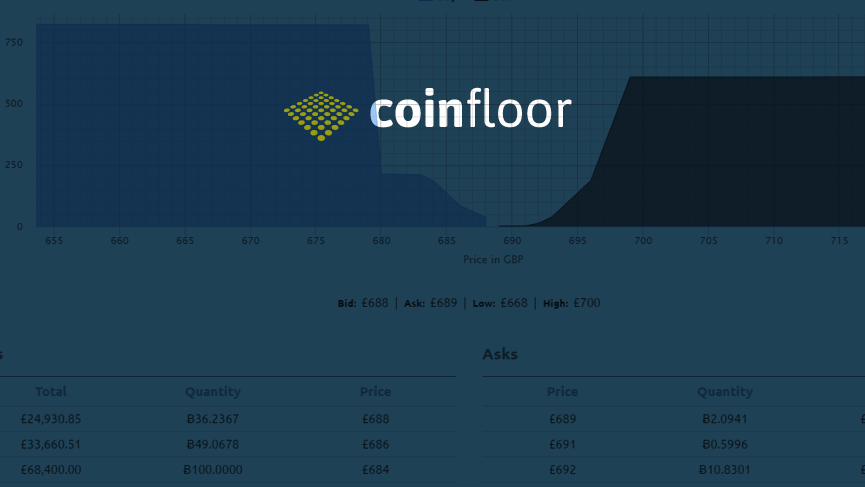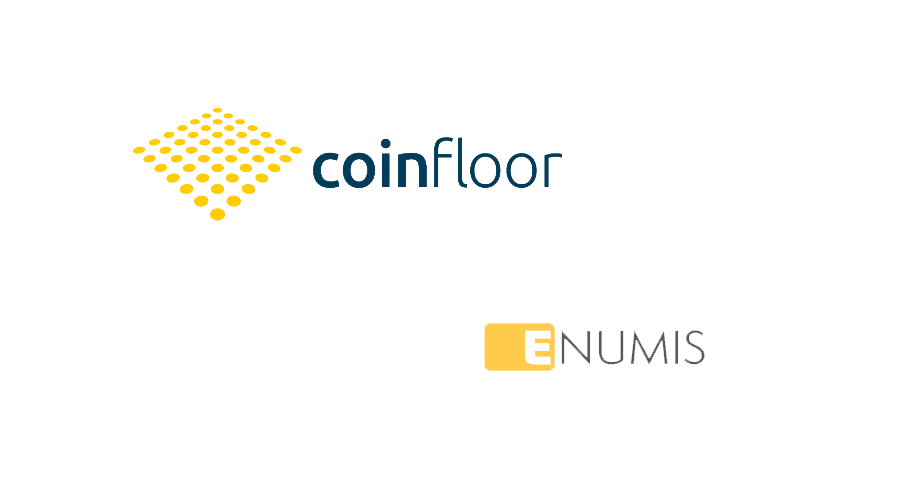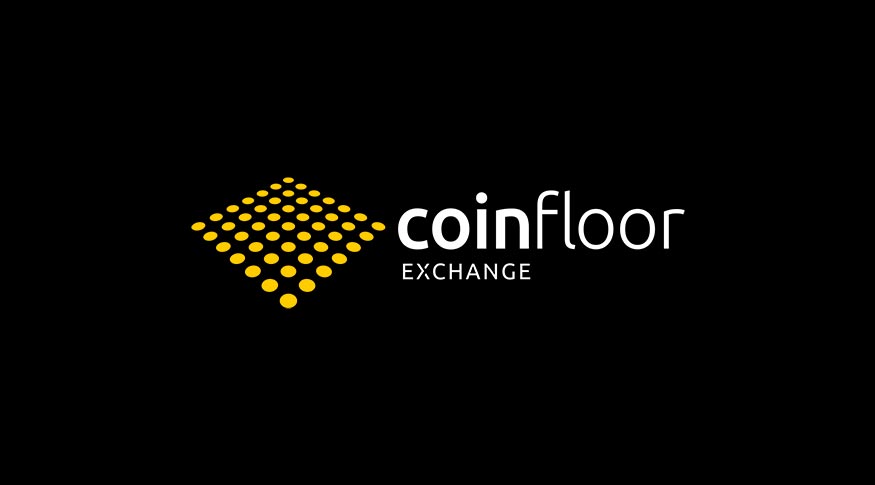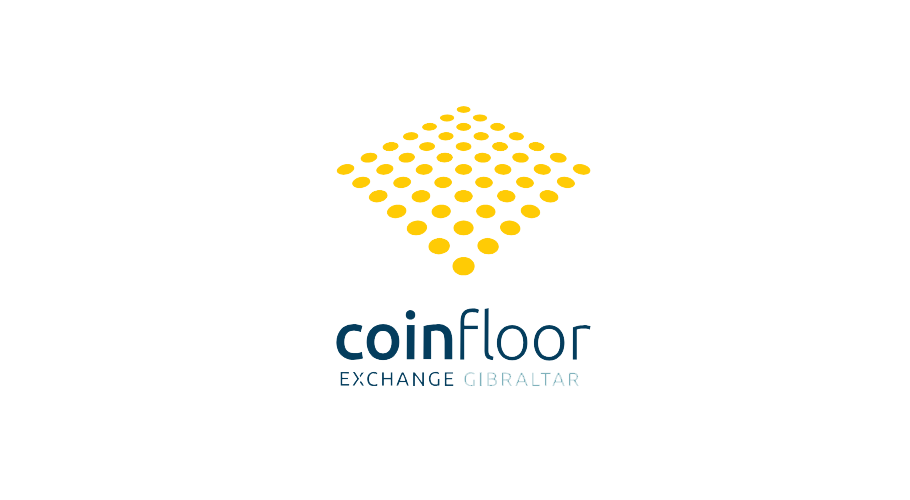Coinfloor Exchange, the UK’s longest running bitcoin exchange today introduced no-fee trading to its users. Specifically, the exchange stated that it is moving to zero fee trading and will be replacing trading fees with percentage fees (in addition to bank processing fees) on GBP and other fiat deposits and withdrawals.
Bitcoin deposits will be free and bitcoin withdrawals will be charged a flat 0.0005 XBT fee to cover fees charged by the bitcoin network. Zero fees are expected to go live later this week and fiat deposit and withdrawal percentage fees will go live early next week.
Founder of Coinfloor Mark Lamb provided the following statements on the move:
Why the change?
“We recognize that for traders, any level of trading fee is a restriction on the opportunity to profit, trade high volumes and provide or consume liquidity. We are already the most liquid GBP/XBT exchange but we believe this change will increase trade volumes and improve liquidity even further.”
What does this mean for you?
“If you are a regular buyer or seller on Coinfloor, you should find that your overall costs (i.e. deposit/withdrawal costs and trading costs) should stay roughly the same initially. Furthermore, we project that your percentage costs will reduce over time as liquidity improves due to the change.”
“If you are a regular trader on Coinfloor Exchange, you can now trade bitcoin for free, not paying fees other than as part of any occasional deposits or withdrawals. Also, if you are depositing, trading and withdrawing profits in XBT, you will only pay the nominal XBT withdrawal fees.”
What does this mean for Coinfloor?
“Coinfloor is fortunate to have patience and well-capitalized financial backers, as well as strong revenues and lean costs. We are setting the deposit, withdrawal and trade fees at levels which we believe are sustainable for Coinfloor and attractive to our customers.”
“We are confident that zero fee trading will be a net benefit to traders, nontraders and Coinfloor. However, this is a significant and unprecedented change so we will be monitoring how it performs and if necessary, we will revert to a more traditional trading fee-based structure.”






















